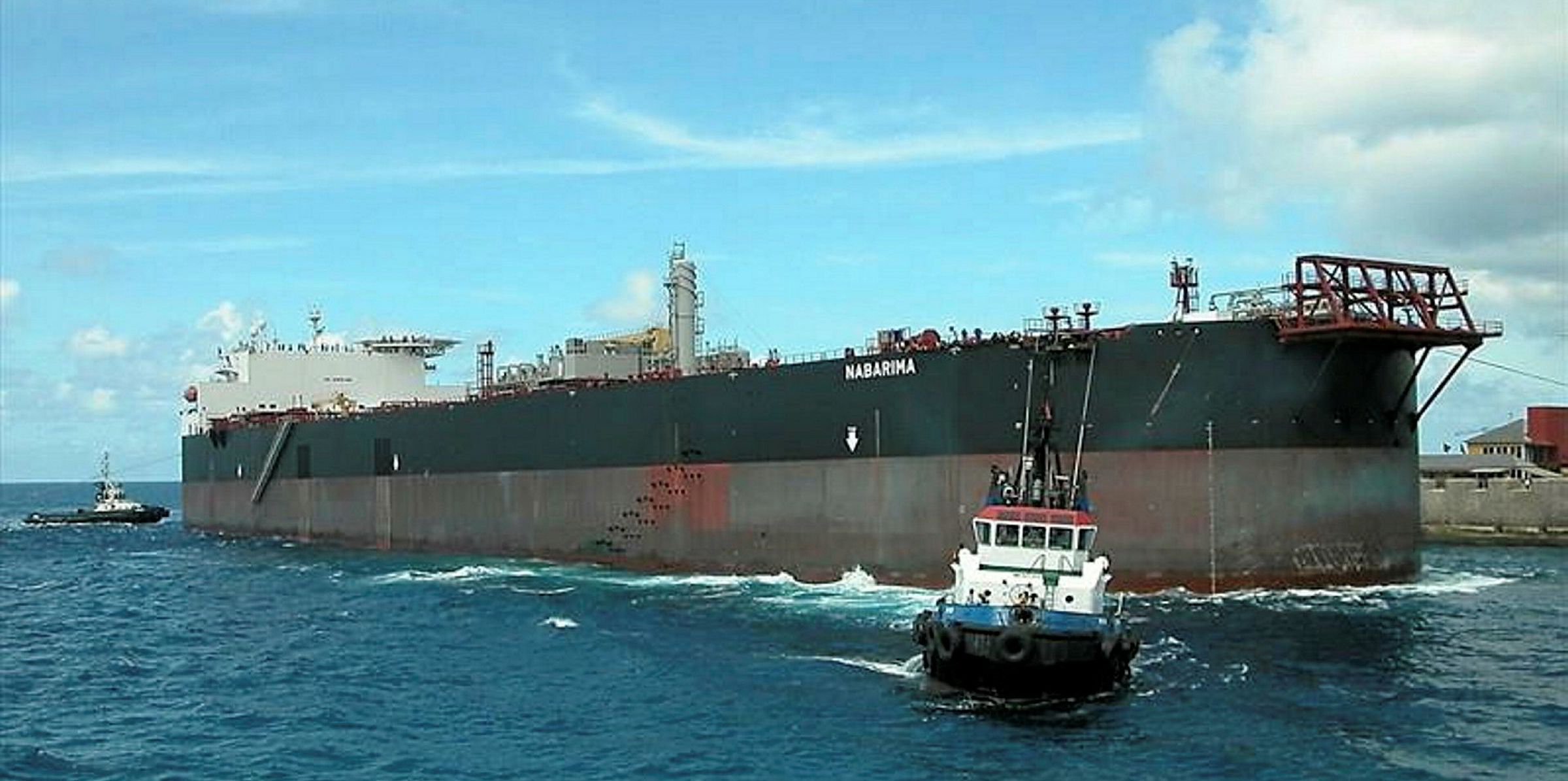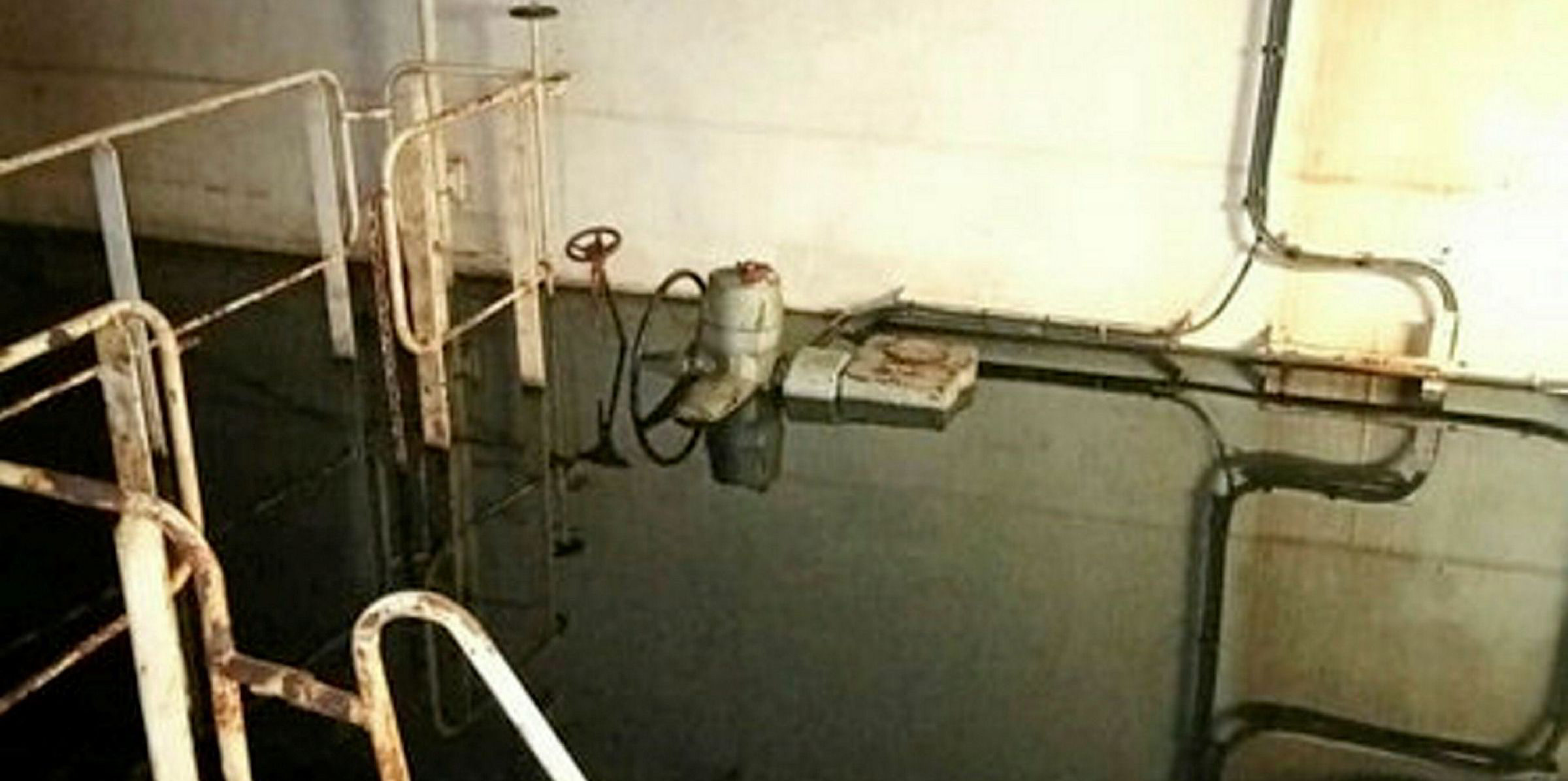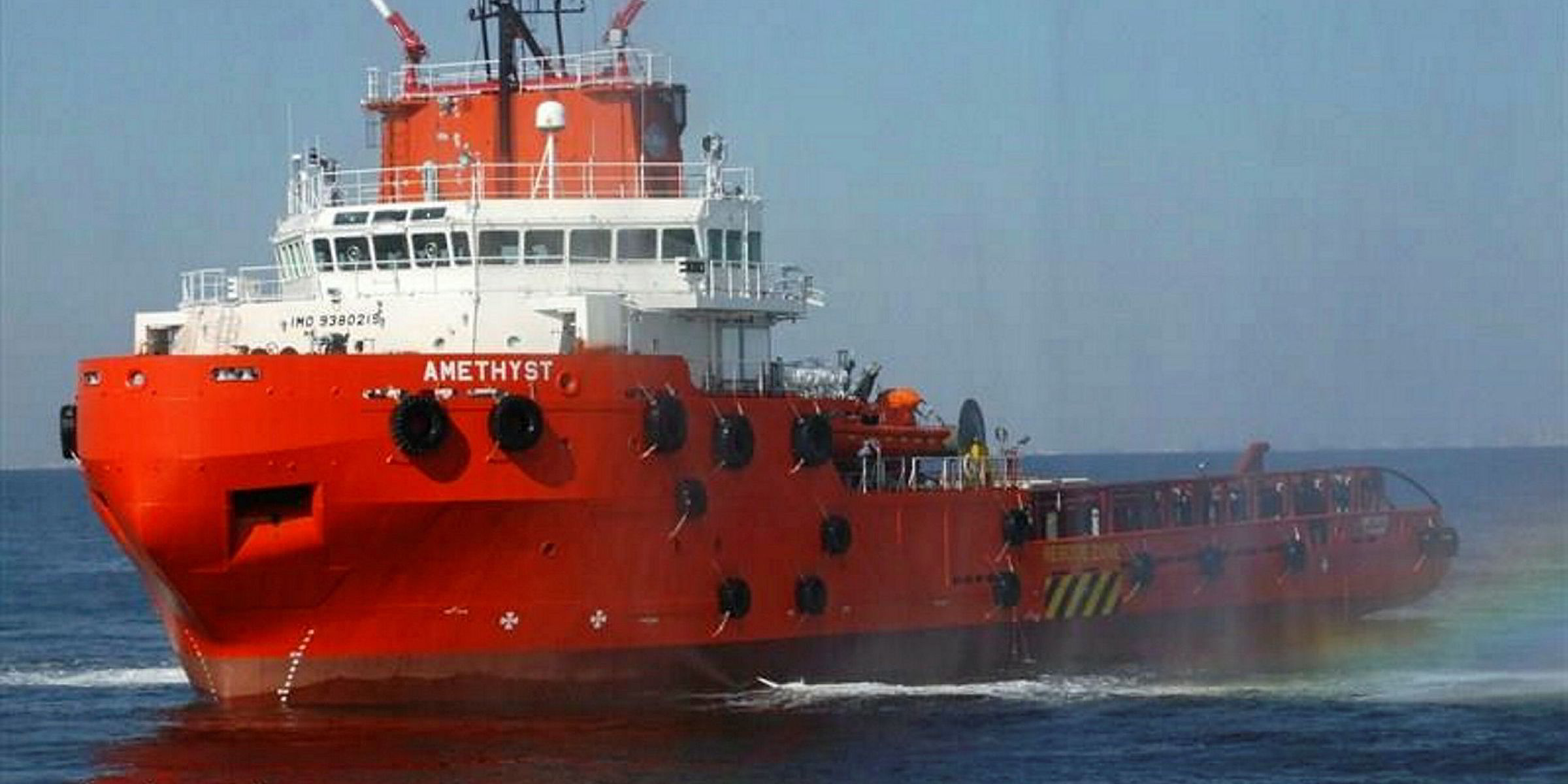A floating storage and offloading unit off Venezuela has resumed stable operation following a recent water leak, according to Eni.
Unions earlier warned of an imminent environmental disaster in the Gulf of Paria as the 208,000-dwt Nabarima (built 2005) had 1.3m barrels of crude aboard.
“The conditions of the FSO are stable and a recent water leak has already been solved,” Eni — a minority shareholder in the FSO operator — said in an emailed statement. “There is currently no risk of oil spill.”
The Italian refiner owns 26% in Petrosucre, the FSO’s operator controlled by state-owned Petroleos de Venezuela SA (PDVSA).
Citing unnamed Venezuelan contractors and workers, Argus Media reported that broken equipment and a lack of maintenance contributed to the flooding of the Nabarima’s engine room in recent days. The fresh water came from internal equipment and has now receded.
The FSO has been permanently moored in the Corocoro oil field for about 10 years, but the upstream production was suspended in August 2019.
Such units are generally not designed to hold oil for a long period.
But the Petroguia website said the oil had been stored on board for more than 18 months.
PDVSA had reportedly been looking to deliver the crude to Houston-based refiner Citgo before US sanctions prevented shipments.
Officials from the company and Venezuela’s oil ministry told Argus Media that the cargo would be transferred to another vessel to stabilise the FSO, but it was not immediately known how the plan would be carried out.
Eni said it is collaborating with Petrosucre to define and implement a programme for unloading the oil cargo from the Nabarima.
“This programme, that implies the utilisation of a dynamic positioning tanker and technical services, needs for implementation that nothing prevents under USA sanctions,” the company said.
TradeWinds has approached PDVSA for further clarification.
Data from Kpler shows no vessel has lifted from the Nabarima since December 2018.
Maritime disasters associated with FSO operations have come under media spotlight after the 407,000-dwt Safer (built 1976) reportedly took in water through its ageing hull off Yemen in recent months.
The FSO, which has 150,000 tonnes of light crude on board, has not been inspected or maintained since 2015.





